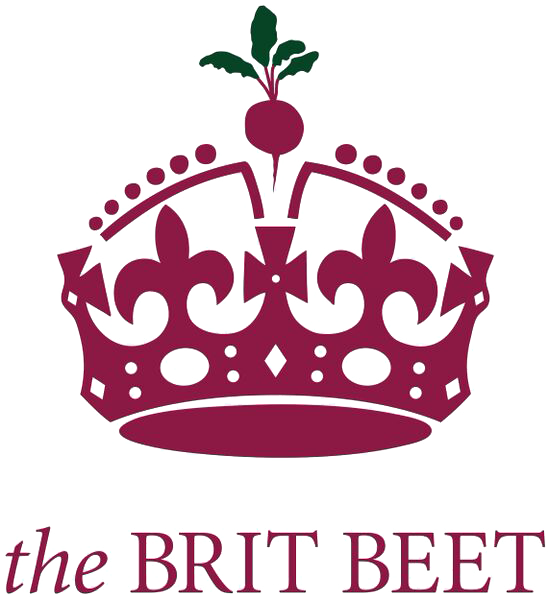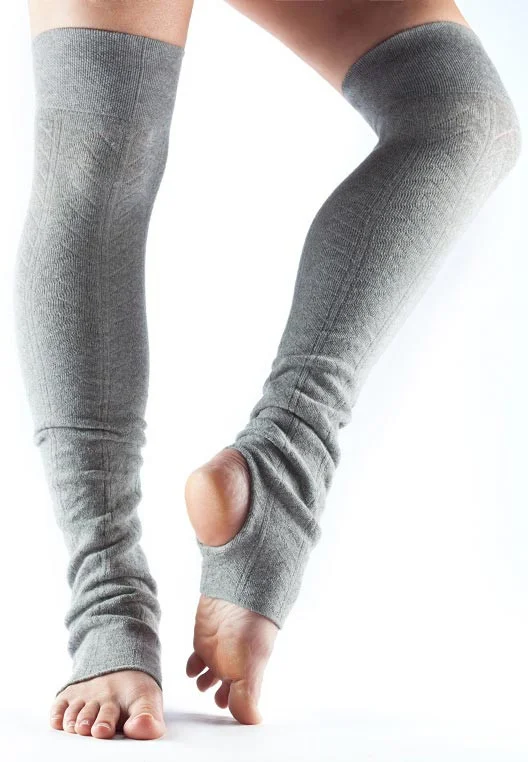When people hear the term performance nutrition, they will often confuse it with either sports nutrition or think of it only as something competitive athletes need. In fact, performance nutrition is for anyone. That is, anyone who wants to get the most out of life. You see, in order to get the most out of life, you will need to get the most out of yourself. Performance nutrition can help you do that.
I define performance nutrition as the strategic planning and tactical use of food and supplements to help you improve both your work and adaptive capacity.
What does that mean for you?
Well, having a great work capacity means you will be able to get more done. Whether in the gym or at work, you will have the energy you need to thrive at a higher level of productivity. Having greater adaptive capacity means that your body can take on more demands, continuing to be healthy without breaking down.
For example, with training, it isn’t so much what you do in the gym that helps you improve your performance. It is how your body adapts to the demands of training that will ultimately determine your rate of performance. And if you are not adapting to the demands you place on your body, well, that just ends up likely becoming an injury.
Performance nutrition is a mindset shift in which you focus your intake of food and supplements to help you feel and perform at your best in all you do.
In my two decades of working with some of the world’s top performing teams, Olympians and business professions, there is a common thread with how most people think about nutrition. The typical thought process is, "how can nutrition help me look better and loose fat." This pattern typically plays out like this. Food choices and dietary planning is focused around changing your body composition so you can look better. More often than not, this ends up making you not feel good and ultimately robs you of your performance and your health.
I propose taking a performance nutrition mindset in which you focus on what will help you feel your best, so you can perform at your best. And when you perform at your best, you will end up looking your best, without compromising your long-term health.
Performance nutrition is made up of what I call the inner zone and the outer zone. The inner zone is what you do before, during and after a workout to help your body energize, repair and protect itself for the demands of training. The outer zone is what you do the rest of the day to maximize your energy, resilience and adaptive capacity.
Specific strategies that are typically employed when following a performance nutrition approach include determining your energy balance equation, strategic nutrient timing and leveraging the use of supplements to help you get what your body needs and nothing it doesn’t.
As an example, we can look specifically at the post exercise part of the inner zone of performance nutrition. Right after you workout, your body is primed for repair and restoration of the energy you expended while working out. This is a crucial window that your body uses specific nutrients to help build stronger, healthier and more resilient tissues.
The two most important macronutrients during this post exercise time are carbs and protein. Protein to help with rebuilding stronger, leaner muscle tissue, and carbs to replace depleted energy stores. This post exercise window last about 30 minutes but I recommend you take a combination of protein and carb right after you stop training.
There is a strongly held believe out there that not having anything after a training session will help your body burn more fat and this is a myth. In fact, studies have proven that maximizing this recovery window with protein and carbs can increase your body’s ability to burn more fat and help you feel better all day long.
I recommend pre-formulated supplements that are created specifically for this recovery window. They are more convenient and ready to use without any preparation.
This is a small glimpse of how performance nutrition can help you get the most out of yourself each and every day.
For more information visit, www.feelingprettyremarkable.com or to check out the full line of CrossFuel high performance supplements, visit www.mycrossfuel.com

































